Holiday entitlement (LBG)
Your employer's holiday year runs from 1st January to 31st December each calendar year. All colleagues are entitled to holiday entitlement as follows (excluding bank holidays. A separate article covers bank holiday entitlement).
| Grade | Less than 3 years' service | 3 years' services but less than 5 | 5 years of service or more |
|---|---|---|---|
| A | 22 days (154 hours) | 24 days (168 hours) | 27 days (189 hours) |
| B | 22 days (154 hours) | 24 days (168 hours) | 27 days (189 hours) |
| C | 24 days (168 hours) | 26 days (182 hours) | 28 days (196 hours) |
| D | 28 days (196 hours) | 29 days (203 hours) | 30 days (210 hours) |
| E+ | 30 days (210 hours) | 30 days (210 hours) | 30 days (210 hours) |
These entitlements are work out based on the standard 35 hours per week contract (or 1820 hrs per year). If you work more or less than this, holiday and bank holiday will be pro-rated. In these situations you will work out your entitlement in hours.
Subject to the approval of your manager, you can carry up to one working week (maximum of 35 hours) into the next holiday year. You may not be able to carry forward your leave if you are intending to purchase additional holiday through your employers Flex scheme.
Where you work in an area of the business that is open and operating on bank holidays, you'll usually refer to your entitlement in hours and the bank holiday hours will be added to your total entitlement to be taken throughout the year. More details on the treatment of bank holidays can be found in a separate article.
Increases to entitlement:
Where a service-related increase is due, this is applied from the beginning of the holiday year. Increases which are as a result of promotion are also applied from the moment the promotion applies and applied in full regardless of where in the year this is applied from.
Overtime & holiday pay:
To take account of the fact that when you're on annual leave you are unable to receive the same income from regular overtime, standby or callout payments which you would normally have worked, an additional top-up payment equal to 8.3% of the total amount of additional hours claimed in overtime, standby or callout.
Sickness absence & holiday entitlement:
Your holiday leave entitlement continues to accrue during sickness absence. However, it may need to be recalculated if you have been absent for a continuous period of 13 weeks or more. After 13 weeks, your leave accrues at the statutory minimum for the full duration of that absence. The statutory minimum is 28 days, inclusive of bank holidays. Your manager is responsible for recalculating and adjusting your leave.
Rearranging holiday leave:
If you fall ill during a period of holiday leave, you may be able to ask for this time back. Where possible you should let your manager know at the time rather than waiting until your return to work. Your line manager has the discretion to agree or not to this request and will take into account a number of factors including whether you've already taken the statutory minimum period of annual leave.
If your sickness absence is long term, any holiday you booked for that time can be rescheduled to a time that suits you and the business. Sometimes taking holiday during an illness can be just what your doctor thinks is necessary. Sick pay can be suspended for you to take your holiday leave. Any leave you are entitled to can be carried over into the next holiday year. Sometimes it may be appropriate to ask the business to pay you your holiday leave, such as where you're no longer in receipt of monthly sick payments.
